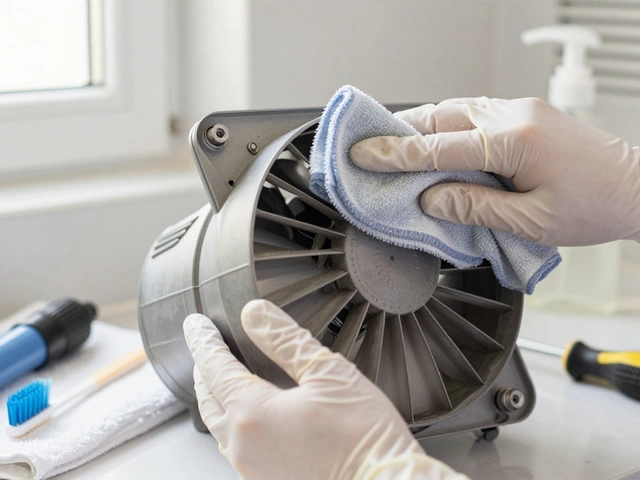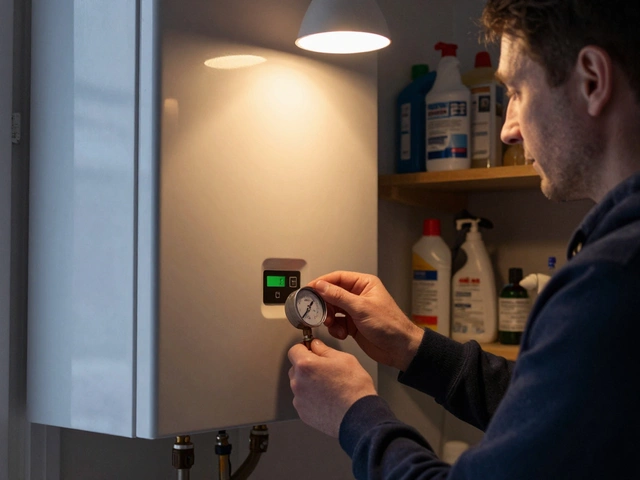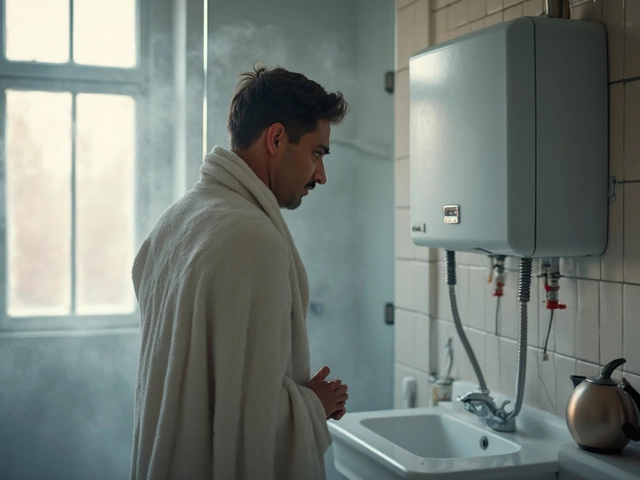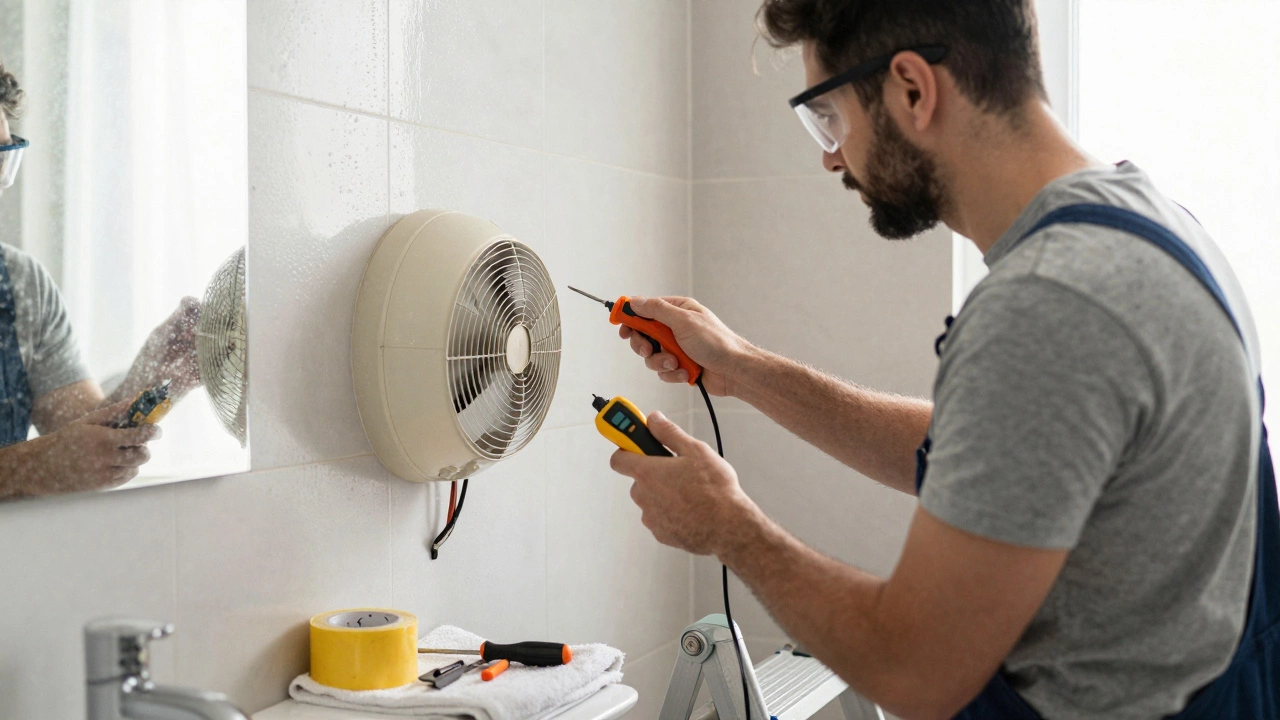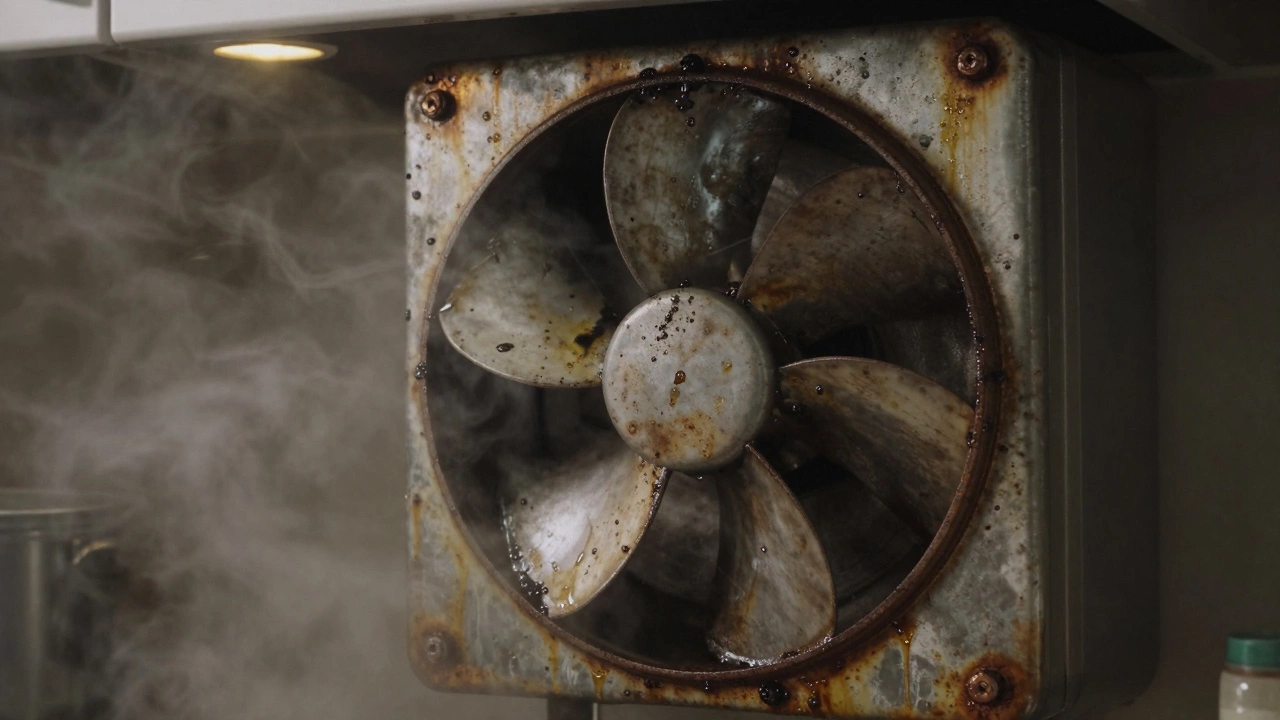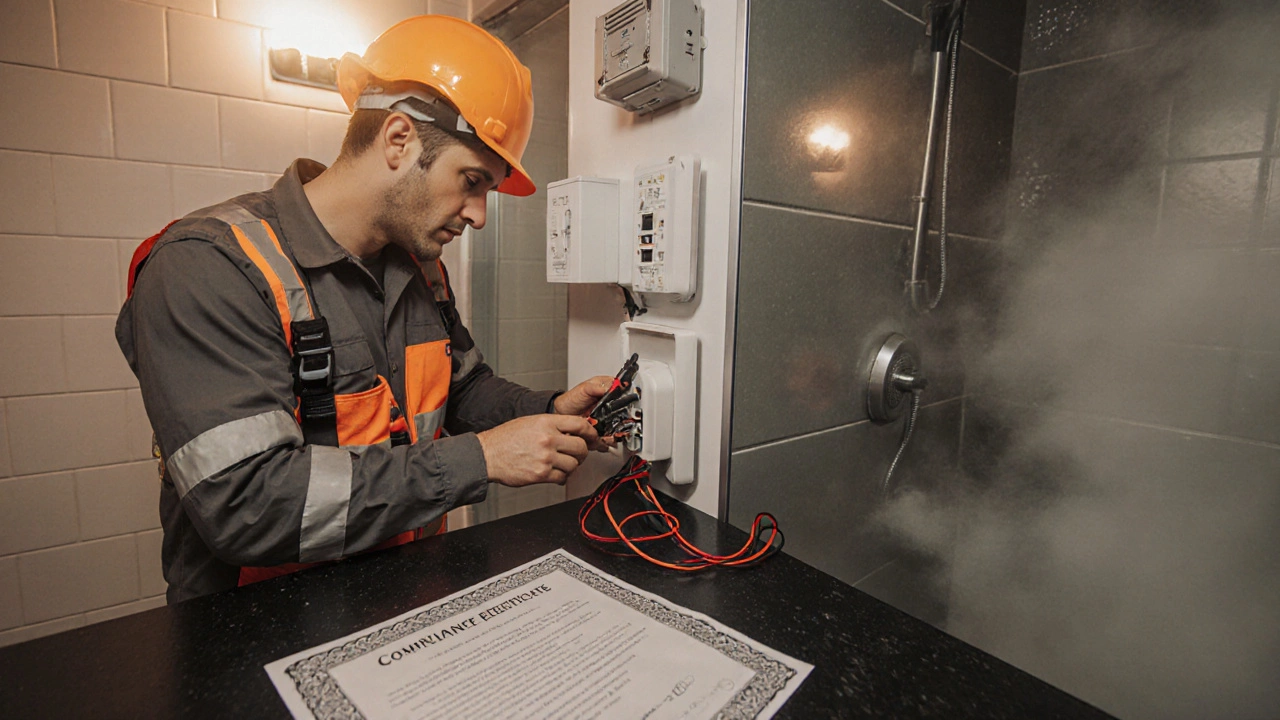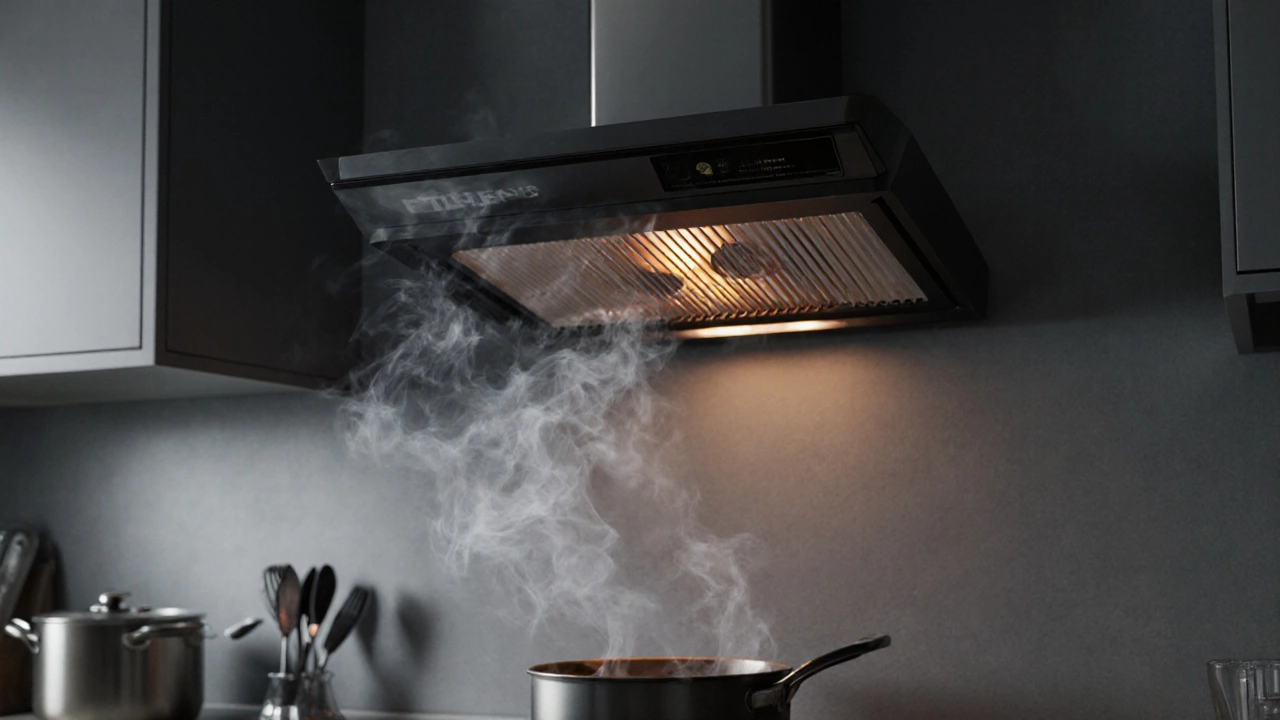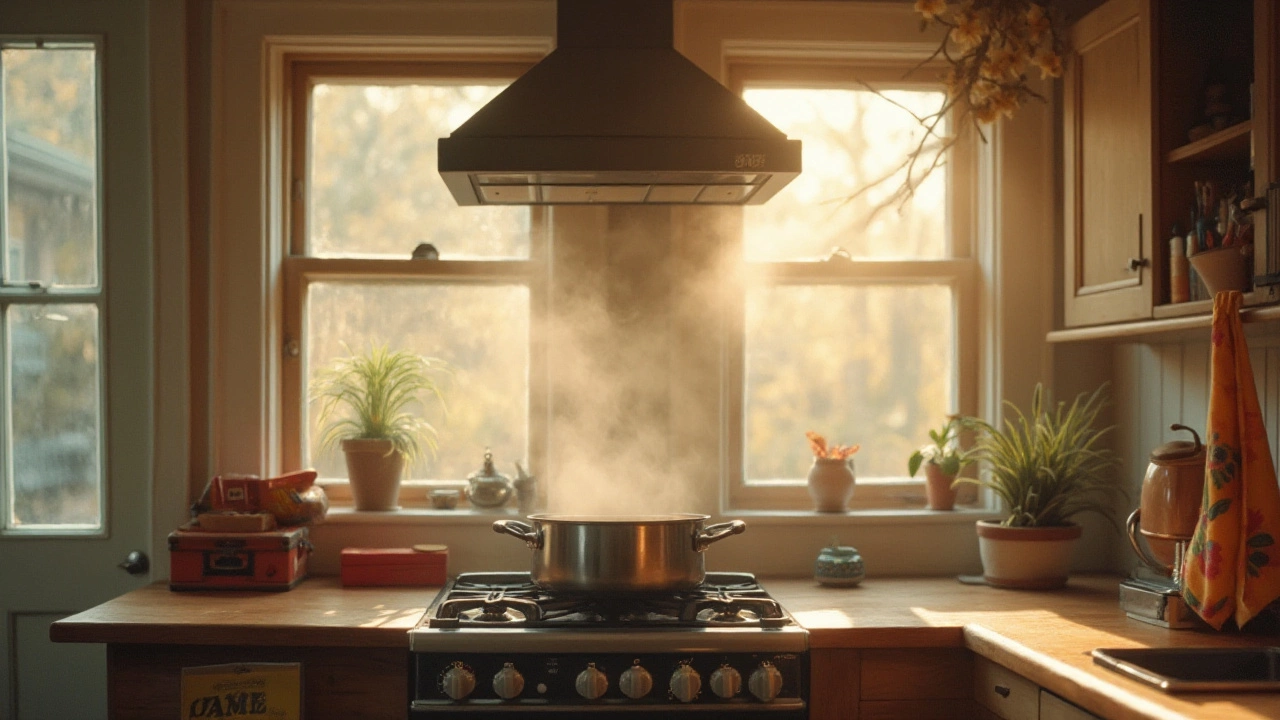Kitchen Extractor Fan Repair & Maintenance Made Simple
If your kitchen smells like a steamy sauna, the extractor fan is probably the culprit. A noisy, weak, or dead fan can leave food fumes hanging around, attract mold, and make cooking less enjoyable. The good news? Most problems are easy to spot and fix without calling a technician.
Quick Checks Before You Grab Tools
First, turn the fan off and unplug it. Look at the grille – dust and grease love to build up there. A quick wipe with a damp cloth usually restores airflow. Next, listen for a humming sound when you switch it on. If you hear it but see no suction, the motor might be jammed or the fan blades could be bent.
Another common issue is a tripped switch or blown fuse. Check your kitchen’s circuit breaker and any built‑in fan switches. Resetting a breaker or swapping a fuse can bring the fan back to life in minutes.
DIY Fixes You Can Do Today
When the fan runs but feels weak, the motor bearings may need lubrication. Disconnect power, remove the housing, and spray a light oil on the motor shaft. Spin it by hand – it should move smoothly. If the blades are greasy, soak them in warm, soapy water, scrub gently, and dry completely before re‑installing.
For a fan that won’t start at all, the motor itself might be burnt out. Most kitchen fans use a standard 120V motor that you can replace yourself. Note the model number on the old motor, order an exact match, and follow the wiring diagram that comes with the new part. Disconnect the old wires, connect the new ones, secure the motor, and test.
Sometimes the problem isn’t the fan but the vent duct. Check that the external vent isn’t blocked by leaves, nests, or snow. A clear duct lets the fan push air out efficiently. If you notice a whistling sound, the duct could be loose – tighten any clamps or replace cracked sections.
Regular maintenance prevents most breakdowns. Set a calendar reminder to clean the grille monthly and run the fan for a few minutes after each cooking session. This keeps grease from building up and reduces wear on the motor.
If you’ve tried these steps and the fan still sputters, it’s time to call a professional. A licensed technician can test the motor’s electrical integrity, replace wiring, or suggest a more powerful fan if your kitchen’s layout demands it.
Remember, a well‑functioning extractor fan not only clears smells but also stops humidity from turning your cabinets into a mold playground. Keeping it in top shape protects your home and your health.
Need a reliable service in Rugby? Our team at Rugby Appliance Repair Services can diagnose and fix any kitchen extractor fan issue fast. We bring the right parts, guarantee our work, and get your kitchen breathing again without the hassle.

